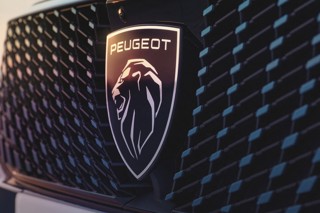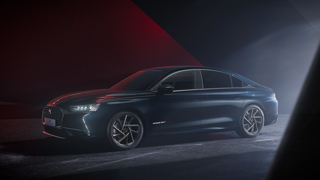The deal to merge the FCA and PSA manufacturer groups makes perfect sense at a strategic level – PSA gets access to the US market, and the very profitable Jeep and RAM brands and Fiat gets access to car platforms that belong in the 21st century.
Without a PSA tie-up, it is hard to see how Fiat could survive as a carmaker (it does well in commercial vehicles, but that is a different business).
The combined company would have the resources to accelerate electric vehicle development, where PSA is fairly weak and FCA is almost non-existent.
However, it also creates problems. Fiat has huge over-capacity, but will have to pledge to keep factories open to get Italian approval for the deal. PSA cannot close any more factories in France, and Opel won’t allow factories to close in Germany. That does not leave many opportunities to take out excess capacity.
There has been talk that PSA gets access to Fiat’s premium brands, but that is a poisoned chalice.
>>PSA merger may grow FCA's presence in AM100 dealer groups<<
Alfa Romeo and Maserati are like baby cuckoos – they have an insatiable appetite for investment, but give nothing back.
What evidence is there that PSA could do any better?
DS is almost Alfa-like in its hopelessness.
It also does not help in China, where both companies are so small that they are almost invisible to the naked eye.
Overall, the merger is inevitable – PSA has had its eyes on FCA for years. The task is to turn Fiat into a viable car company in Europe and figure out what to do with the premium brands – could PSA consider selling them to an ambitious Chinese company or even VW?
However, the price of trophy assets has dropped recently – there was a time when the Alfa Romeo brand was worth a lot, but even the Chinese are more cautious than they were five years ago.
PSA will have to work very hard to turn this into a dynamic, streamlined organisation.
It would be very easy to end up with two drunks leaning against each other for support.
DAVID FRANCIS


















Login to comment
Comments
No comments have been made yet.